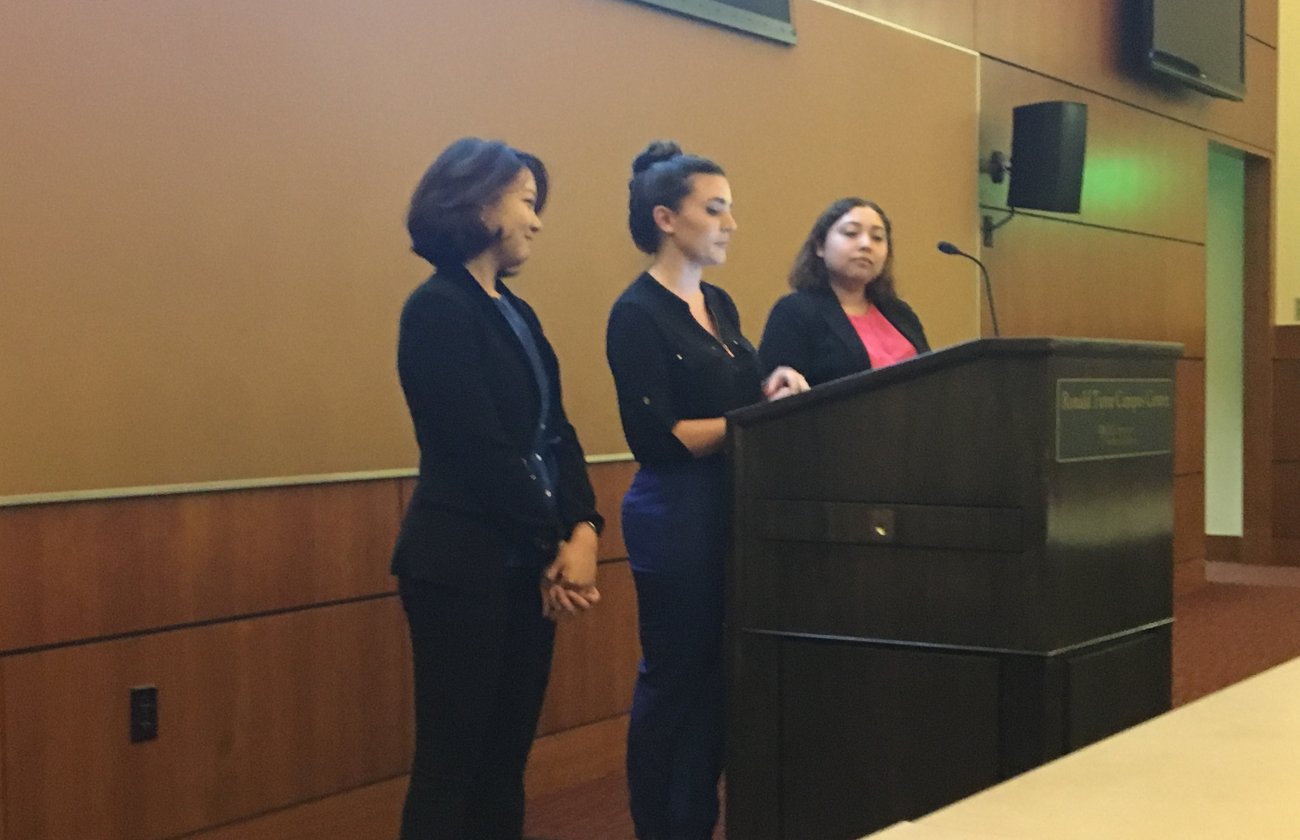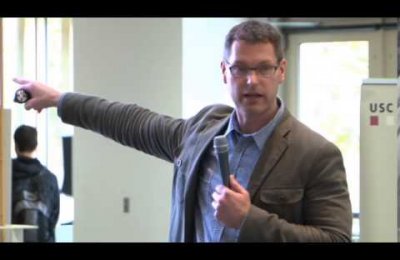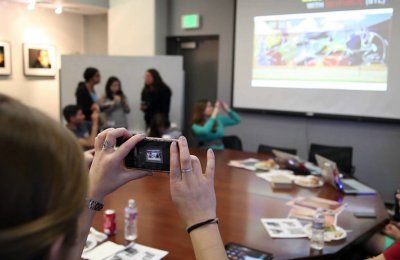Prospect magazine named Provost's Professor of Communication, Journalism and Cinematic Arts Henry Jenkins (pictured) No. 3 on its list of top 10 "brains" of the digital future.
Joining Jenkins in the top three were Tim Berners-Lee, credited with inventing the World Wide Web, and Susan Crawford, who was President Barack Obama’s special assistant for science, technology and innovation policy until December 2009.
"How are digital media affecting what constitutes 'culture'—and what should it mean to educate the citizens of a digital world? Henry Jenkins, professor of communication, journalism and cinematic arts at the University of Southern California, is perhaps the world’s most influential and radical scholar addressing these questions," according to Prospect.
The article outlined his early career exploring how the relationship between readers and texts was transformed by new media and fan culture.

Jenkins joined USC from Massachusetts Institute of Technology, where he was Peter de Florez Professor in the Humanities. He directed MIT’s Comparative Media Studies graduate degree program from 1993-2009, setting an innovative research agenda during a time of fundamental change in communication, journalism and entertainment.
As one of the first media scholars to chart the changing role of the audience in an environment of increasingly pervasive digital content, Jenkins has been at the forefront of understanding the effects of participatory media on society, politics and culture. His research gives key insights to the success of social-networking websites, networked computer games, online fan communities and other advocacy organizations, and emerging news media outlets.
Top 10 brains of the digital future
Henry Jenkins
New Media Literacies
What do you think? Join the conversation on our Facebook page.








